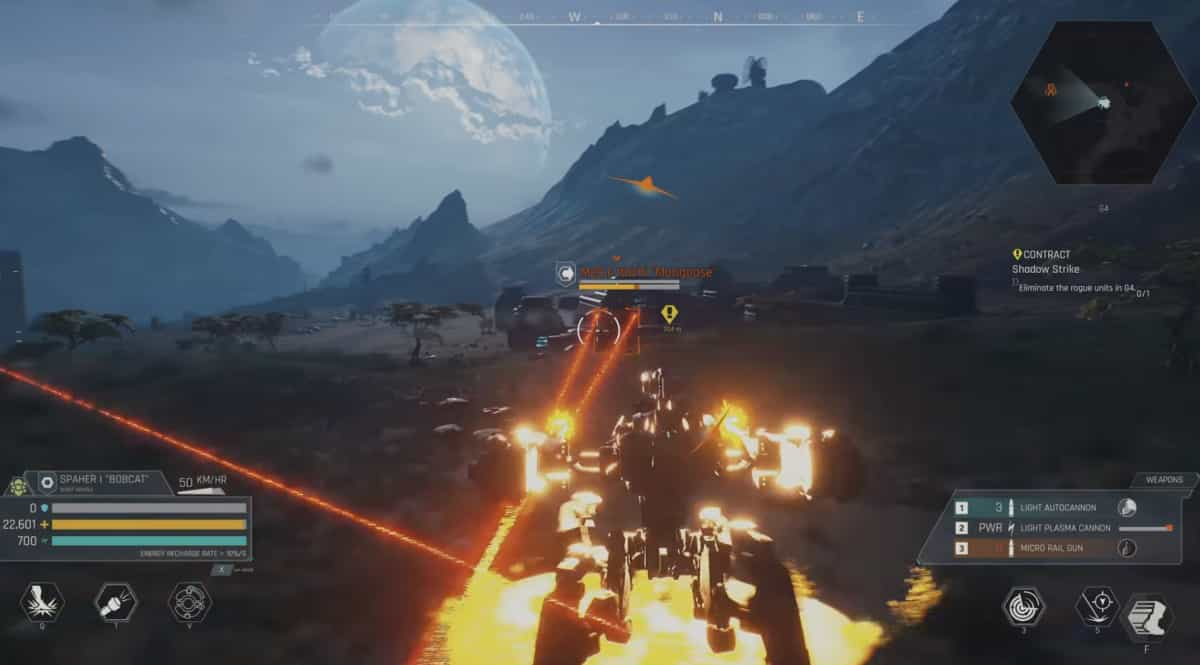The art of the drop: Trump NFTs may prove the utility of utility

Quick Take
-
Trump’s NFT collection spawned speculation of copyright infringement and market manipulation, and yet the drop could still be deemed a success.
-
Drop illustrates how offering a chance to win prizes provides significant incentive for consumers.

Donald Trump’s recent NFT drop was ridiculed. Bigly. But the former U.S. president seems to have had the last laugh and may have provided the digital asset community a valuable lesson if they can get past the snark.
Trump managed to sell out his collection in a matter of hours in a market where NFT trading volumes have declined more than 90% from earlier this year.
And while speculation runs rampant on Twitter and in the media about the identity of those who own a large number of valuable Trump NFTs, with other Twitter users pointing to evidence that suggests the collection used copyrighted material, more than 70% of buyers were likely purchasing their first NFT, according to data from Dune Analytics.
Like other brands with avid fanbases, Trump followed the strategy of attaching potential benefits — what some in the crypto world call “utility” — to each NFT, a growing trend as fewer consumers appear interested in buying NFTs that are little more than a digital portrait of an animated character.
“The chance to meet Trump if you own the right NFT is a great benefit,” said Jon McNaughton, an artist who launched his own unsanctioned Trump NFT collection earlier this year.
By current market conditions, the former president’s NFT drop was a success. Even with questionable artwork and the predictable outrage that surrounds the ever-divisive former commander in chief, thousands of people spent $99 on a digital trading card.
Trump's backing
Although McNaughton — who’s known for painting Trump and other conservative figures — spent several months working on “The Trump Legacy Collection,” his January launch failed to generate a fraction of the attention or sales.
“They have a big advantage with President Trump himself backing it up,” he said.
Trump didn’t just back the drop — he teased it as a “major announcement” beforehand and then wrapped the collection in a sweepstakes with several different prizes, including a chance to meet the twice-impeached former president. There’s also a golf outing, Zoom calls and autographed memorabilia up for grabs.
The former president isn’t the only public figure to employ the sweepstakes formula successfully. This week, NBA legend Scottie Pippen sold out a 1,000-piece NFT collection in 77 seconds. Owners of the NFTs automatically got a chance to win limited edition sneakers or a trip to Pippen’s hometown.
McNaughton called the “Trump Digital Trading Card” collection “fun,” but he said it was fashioned using “highly Photoshopped digital images.” McNaughton said he hand “painted new characters and elements,” “used elements from existing paintings” and strove to create “layers of political nuance,” all in order to give depth to each of the 4,547 NFTs in his collection.
'No comparison'
“From an artistic perspective, there is no comparison,” he said.
From a sales-volume point of view, there also is no comparison. After launching roughly a year ago, McNaughton’s collection has generated about $36,000 in sales volume, according to OpenSea data. Trump’s Digital Trading Cards collection has driven more than $9 million in trading volume in about a week’s time, according to OpenSea.

Screenshot of NFTs from "The Trump Legacy Collection" on OpenSea.
While McNaughton partially blames poor marketing and a general lack of awareness and exposure, he believes other practical reasons held his collection back.
“Our biggest failure was not allowing purchase with a credit card. If we could do it over again, we would launch on Polygon so there would be low gas fees and people could buy with credit card,” he said. “At the time, with Ethereum, the gas fees were $50 to mint. My audience was clueless on how to set up a crypto wallet and mint with Ethereum.”
Trump managed to spur a media storm with his announcement, generating tons of free press. He also attached the potential to win prizes to each token. Then, as with Reddit’s highly successful NFT drive, which has raked in millions of dollars, the former president’s team made it easy for consumers without crypto wallets to buy his digital trading cards.
© 2023 The Block. All Rights Reserved. This article is provided for informational purposes only. It is not offered or intended to be used as legal, tax, investment, financial, or other advice.



